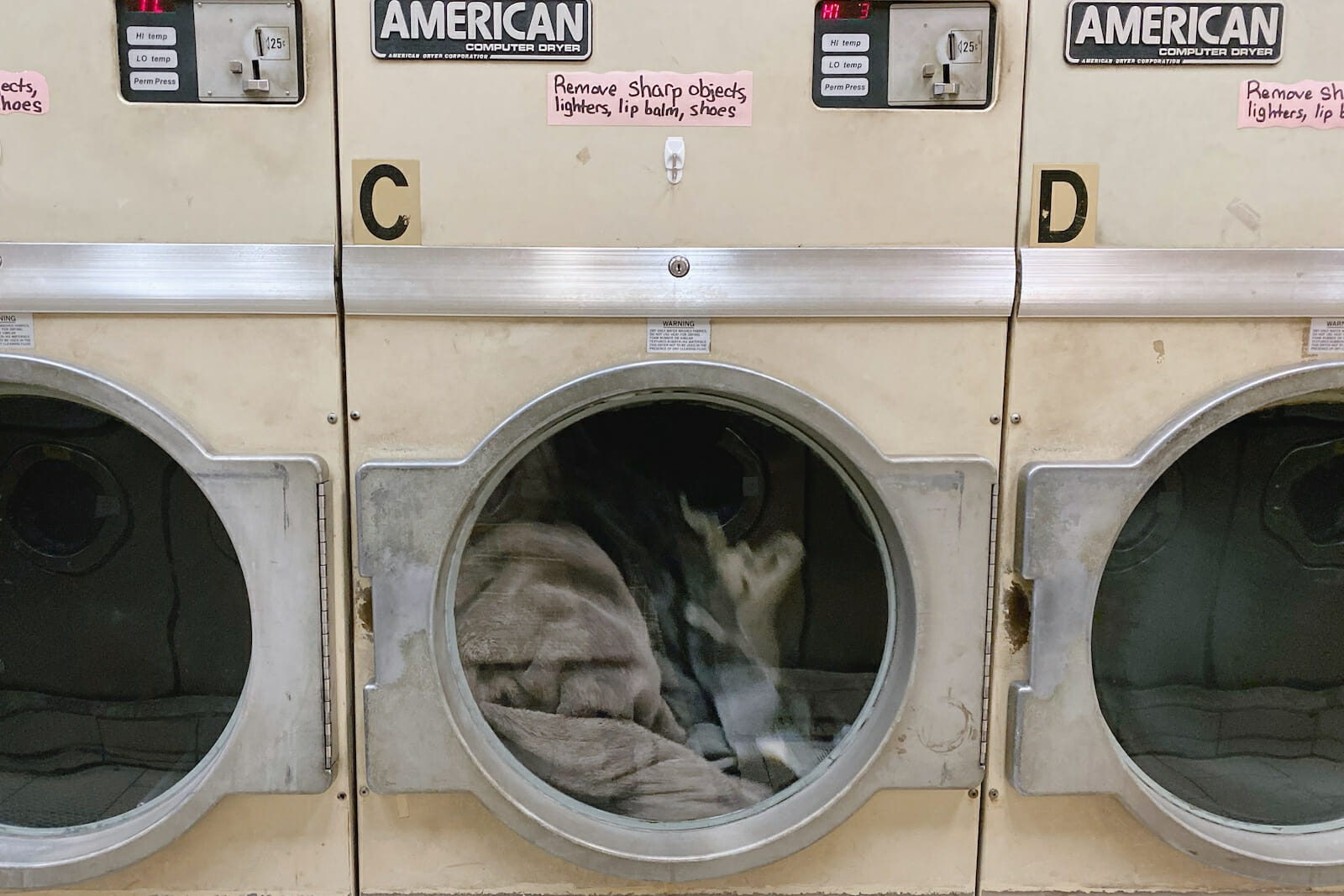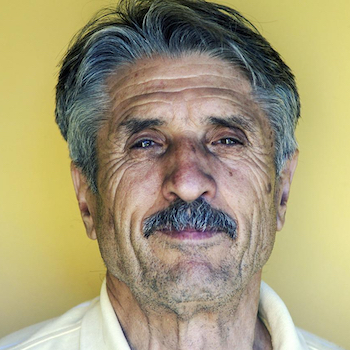
The Azerbaijani Laundromat’s Long Shadow over Europe
Estonia’s new government under Prime Minister Kaja Kallas, which took over on January 24, following the implosion of the Jüri Ratas administration nine days earlier, is set on continuing some of its predecessor’s policies but it will need to work hard to avoid making the same mistakes. Importantly, Kallas will continue to pursue the tightening of rules for cryptocurrencies as part of a policy package designed to improve anti-money-laundering measures – an important step towards plugging gaping holes uncovered in recent years.
Indeed, in the wake of Ratas’ resignation over allegations that members of his Centre Party were involved in influence peddling and bribery over real-estate projects, Tallinn needs to make sure that corrupt activities are not getting out of hand in a country regarded as among the least corrupt worldwide. Increasing supervision of the crypto-marketplace is therefore an important objective in the fight against corruption in Estonia, and if adequately implemented, represents a strong case for “lessons learned” from the embarrassing involvement of Danske Bank’s Estonian branch in the infamous “Azerbaijani Laundromat,” one of the biggest financial scandals in recent years.
The scandal painfully exposed the fact that Estonia, its good reputation notwithstanding, is not immune to the machinations of corrupt foreign actors from the post-Soviet space. When in 2017, the lid was blown off the Laundromat scheme – a massive network of illicit financial operations worth roughly $3 billion designed to buy political influence in Europe – after running for several years, Estonia unwittingly took centre stage in the unfolding investigative frenzy. The Estonian general prosecutor’s probe into Danske Bank Estonia, a subsidiary of Denmark’s largest bank, revealed that the financial institution facilitated Azeri elites’ money-laundering via dozens of shell companies held by its Estonian branch. The value of the shady transactions thus laundering through Estonia amounted to a staggering $200 billion between 2007 and 2015.
The fact that a European institution could allow such enormous amounts of illicit funds to flow through its system was a stunning display of weak regulatory controls, as well as the danger emanating from mergers between banks with sprawling portfolios, both of which were major factors that allowed the Azerbaijani Laundromat to flourish in the first place. After all, Danske’s Estonian chapter was the result of Danske’s 2007 acquisition of Finnish Sampo Bank, which not only maintained a non-resident portfolio in Estonia but also suffered from insufficient anti-money laundering procedures, including an IT system beyond Danske’s direct control.
Even if Danske’s management felt the consequences for their lack of oversight, the key figures behind the Laundromat itself were never caught. On the contrary, they continue to reap the benefits of their illegally acquired gains across Europe – particularly in the Czech Republic, where real estate worth millions was purchased through shell companies owned by Azerbaijani top officials.
One such company is AME Holding, owned by family members of Ali Nagiyev, once one of Azerbaijan’s most senior anti-corruption officials before being named head of the State Security Service in 2019. The company alone has been shown to have received at least $1.25 million from the Laundromat’s infamous core companies, while Nagiyev, his sons, and nephew were also able to directly enrich themselves by pocketing more than $350,000 from the illicit money-laundering fund.
That Nagiyev and his clan were never investigated for their involvement in the Laundromat is less than surprising, given the elder Nagiyev’s position as deputy chief of anti-corruption, which would have entailed an investigation into himself. Nevertheless, his rise from state official to multi-million real estate tycoon in one of Europe’s most revered cities remains opaque, even if there is little doubt that it was greatly helped by Azerbaijan’s President Ilham Aliyev. After enjoying Aliyev’s favour for years, Nagiyev was awarded his current role of influence after the dismissal of Madat Guliyev from the post, following a turbulent ministerial reshuffle in 2019.
On the other hand, Czech officials are in a tight spot. A list compiled by the local branch of Transparency International named several domestic political figures that have been implicated in lobbying activities for the Azerbaijani regime. While no direct links between them and the Azerbaijani Laundromat have ever been established, the traditionally good relations between Azerbaijan and the Czech Republic have created an environment conducive to corruption in a range of sectors.
This would explain the close relations between various Azeri families in the Czech real estate sector, including that of Rashad Gafarov. The Azeri businessman’s Czech companies are known to have shared the same address as those of the Dilbazi family, of which patriarch Eltay has managed projects for the Nagiyevs in the past.
Gafarov sent around $71,000 to a Laundromat-associated straw firm, LCM Alliance, from his personal Czech bank account, supposedly for construction materials although the claim is naturally disputed. In fact, the truth behind the transfer of these funds will likely never be revealed – Gafarov was murdered in Prague in June 2017.
These networks of Azeri business connections to the Czech Republic are also the likely reason for the Czech government’s failure to earnestly investigate the country’s involvement in the Laundromat scheme. Almost four years on, the Czech Republic has made only slow progress in implementing anti-money-laundering legislation. A significant shortfall remains the lack of mechanisms to track money flows across borders, netting Prague a formal notice from the European Commission in January 2020.
It is important to note that Estonia was at the receiving end of such a notice as well in what is indicative of a general and alarming lack of money-laundering policies across the European Union. Even if Estonia’s targeting of crypto is a step in the right direction, the EU would do well to remember the debates sparked by the haunting revelations of the Laundromat scheme and realise that its members still have a steep hill to climb if it wants to prevent similar embarrassment in the future.
